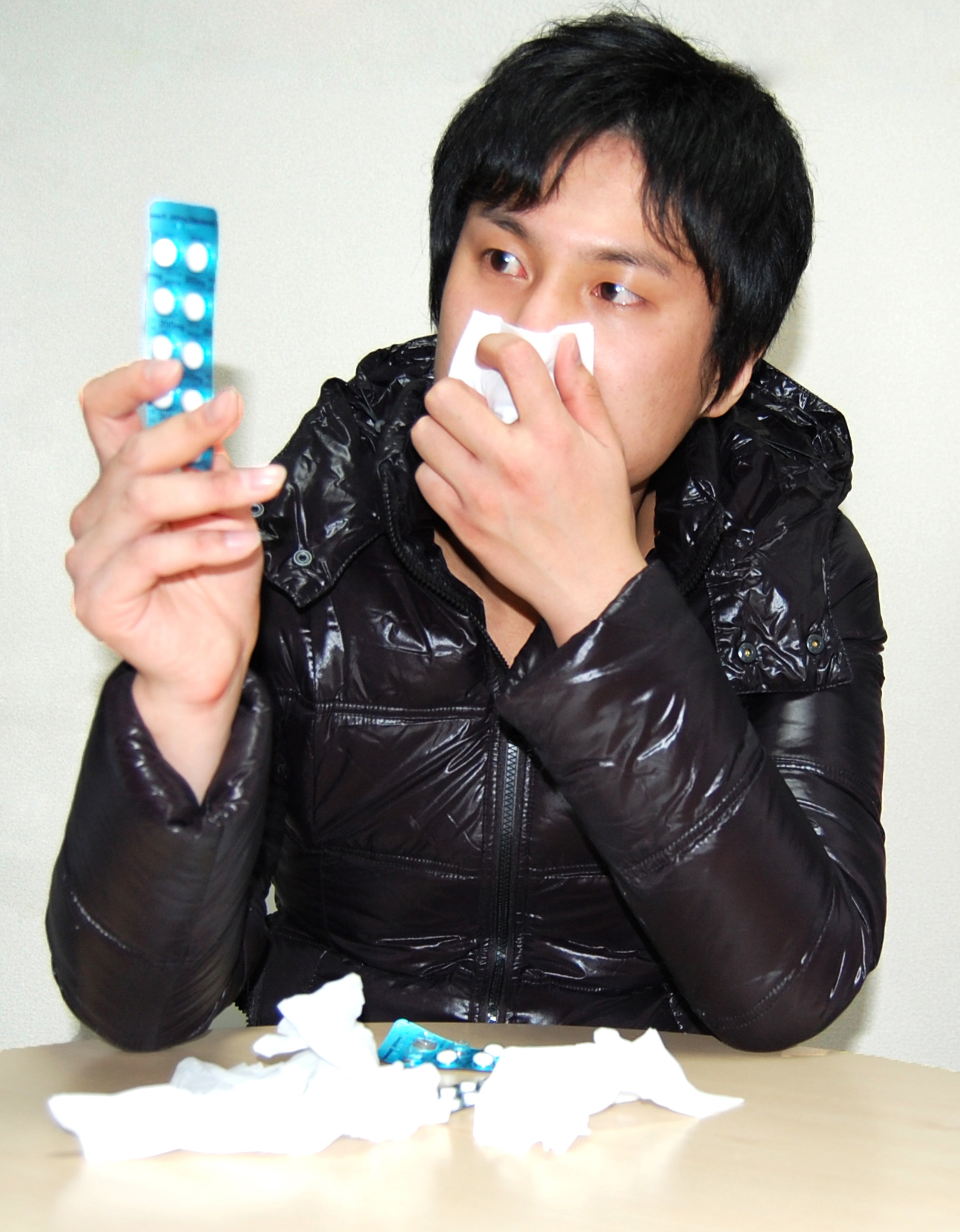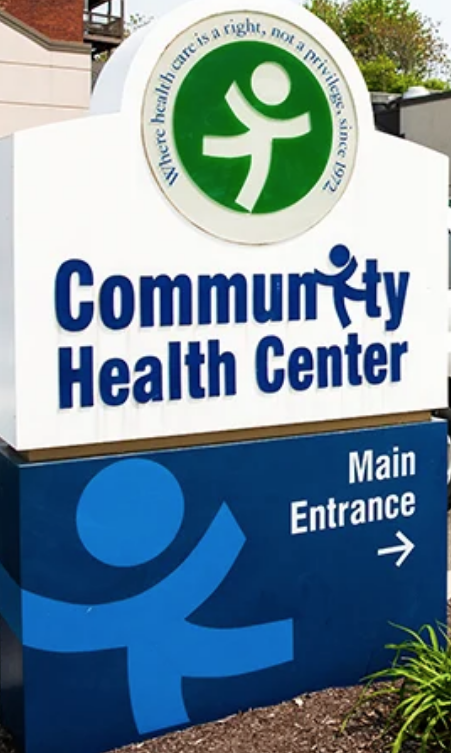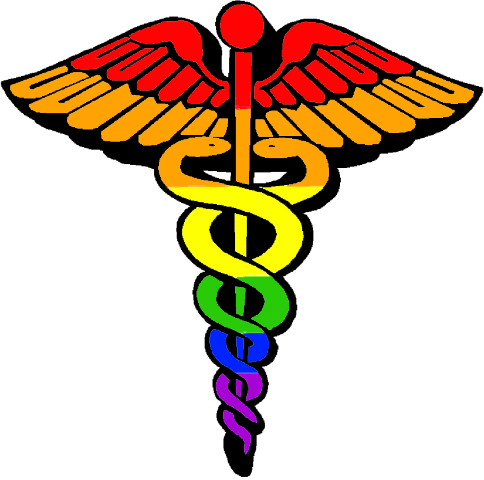The change of the seasons is in full swing throughout the country, and the United States is heading towards another cold and flu season in the midst of an ongoing pandemic. Children returning to school amid the dangerous politicization of public health attempts to increase vaccination and promote mitigation measures such as masks and social distancing has created a risk-filled environment for many across the country.
We’ve previously covered the differences between asthma, allergies, and COVID infection. It is even more vital to know the difference between symptoms for viral conditions such as a cold, the flu, and COVID-19. All three are spread in similar ways and share symptoms, but have varied incubation time and severity.
- COVID-19 (coronavirus SARS-CoV-2) most common symptoms are a fever, cough and tiredness; other symptoms include muscle aches, sneezing, sore throat, runny/stuffy nose, nausea, diarrhea, and loss of smell/taste. Symptoms can appear anywhere between 2-14 days after exposure, during which time an infected individual can spread the coronavirus even if asymptomatic (not presenting symptoms). Complications can include blood clots and multisystem inflammatory syndrome. Most hospitalizations and deaths from COVID-19 can be prevented with a vaccine. Many symptoms of COVID-19 can be lessened with antiviral medications.
- Colds (rhinoviruses) have similar symptoms to the novel coronavirus, but do not include diarrhea or nausea. Symptoms of a common cold usually appear one to three days after exposure. Colds are only transmissible while a person is symptomatic. There is no vaccine or cure for the common cold. Treatment may include pain relievers and over-the-counter cold remedies such as decongestants. Unlike COVID-19, a cold is usually harmless; most people recover from a common cold in 3-10 days.
- The flu (influenza) has the same symptoms as COVID-19, but rarely causes loss of smell/taste. Flu symptoms usually appear about one to four days after exposure to an influenza virus. The flu is generally only transmissible while symptomatic and does not pose the same risk of severe illness as COVID-19. There are several antiviral treatments available to treat the flu, and an annual vaccine reduces the risk of infection and/or severe illness. The flu vaccine can be given as an injection or as a nasal spray.
If you have symptoms of COVID-19 or a confirmed exposure, it’s important that you contact a healthcare provider right away for medical advice. Tests are available to confirm diagnosis of COVID-19 and/or the flu. Stay home from work or school if you are sick.
Even if you have been fully vaccinated, wearing a mask and practicing social distancing reduces the risk of airborne transmission of viruses. During the 2019-2020 flu season in the United States, up to 56 million people tested positive for the flu including 740,000 hospitalizations and 62,000 deaths. The following year — after months of living through the pandemic and cultural acceptance of wearing masks in public — only 1,675 positive cases of influenza were detected in the U.S., including only one report of a pediatric flu death.
More tips to avoiding COVID-19, the flu, and/or colds:
- The Centers for Disease Control and Prevention (CDC) recommends everyone over the age of 6 months to get a flu vaccine every season. Children younger than 2 years old, or children with health problems such as asthma, diabetes, or other chronic conditions are at the highest risk of severe complications of the flu and should get the flu shot. The best way to protect infants under 6 months old is to surround them with people who have been vaccinated.
- There are currently three vaccines that protect against COVID-19 available for free for those eligible, including the Pfizer vaccine that has been approved by the FDA for children as young as 12 years old (and is currently seeking approval for children as young as 5).
- Some patients with certain chronic illnesses and/or cancers have not produced detectable antibodies from the COVID-19 vaccine. The best way to protect loved ones who lack an immune response from the coronavirus vaccines is to be vaccinated yourself and limit exposure to unvaccinated/unmasked groups.
- There may be options for children to get vaccinated even if their parents don’t grant permission.
- Cover your mouth and nose with a tissue when you cough and/or sneeze. If you don’t have a tissue, cough or sneeze into your elbow. This will reduce the spread of germs through touching your face or communal items.
- Wash/sanitize hands often, especially after blowing your nose or coughing. The CDC recommends washing using warm water and soap, and scrubbing for at least 20 seconds and drying with a single-use towel.
- Regularly disinfect commonly used surfaces that are touched every day including countertops, phones, electronics, faucets, and doorknobs.
- Ensure your family eats a balanced diet with plenty of fruits and vegetables, gets plenty of rest, and exercises regularly. These steps will keep your immune system in prime shape to help fight off illness.
If you or your family is in need of care but lack the means to find affordable treatment, NeedyMeds has a database of over 18,000 free, low-cost, or sliding scale clinics across the United States and its territories. Search your ZIP code for clinics in your area to find free or low-cost medical attention. We also list over 100 nationwide resources for those who have been impacted by COVID-19, as well as coupons for over-the-counter cold/flu medication. The free NeedyMeds Drug Discount Card can be used by anyone to help save money on their prescribed medication not covered by insurance — even over-the-counter medicine prescribed by a doctor. The card is available physically via mail, in a printable form, or as a smartphone app for Apple and Android devices. For more help finding information, call our toll-free helpline Monday-Friday 9am-5pm Eastern Time at 1-800-503-6897.





